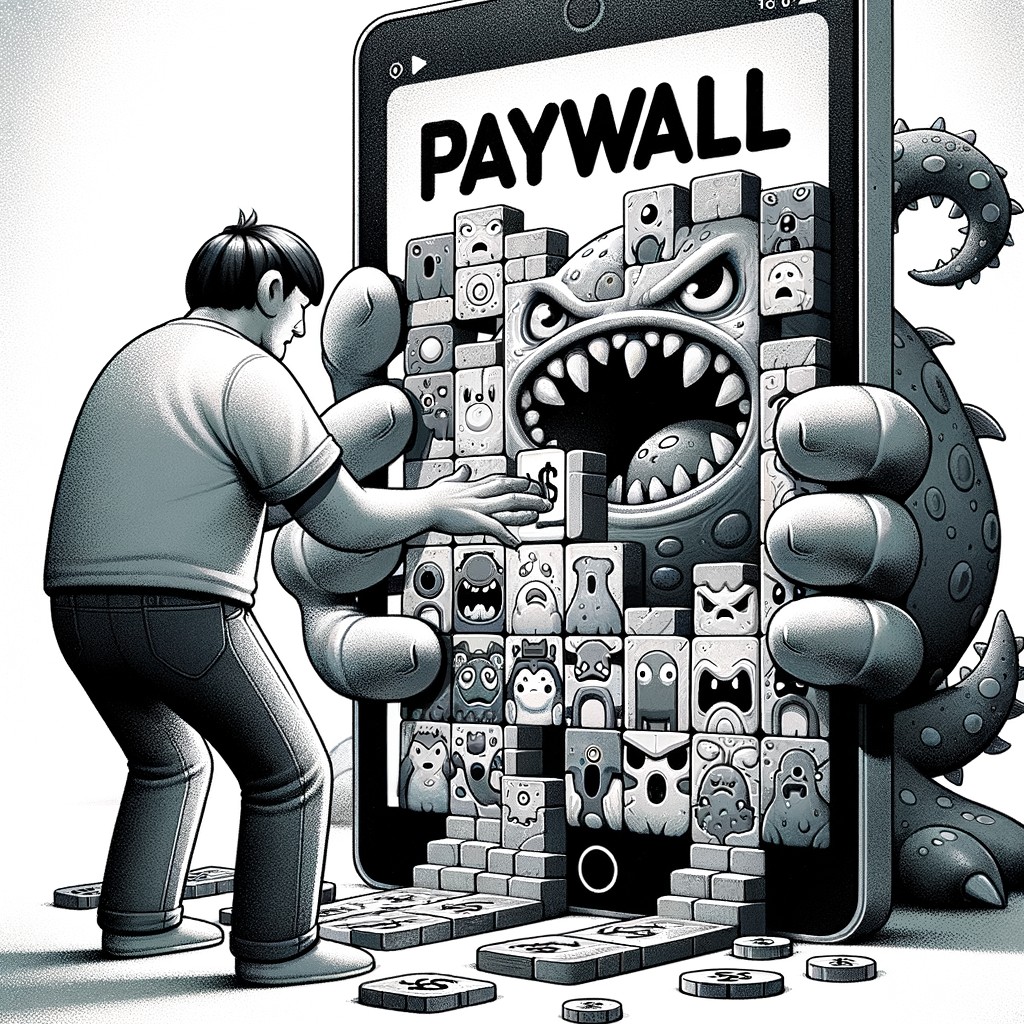Introduction: The Curious Case of Pokémon Friends
In the ever-evolving world of mobile gaming, the Pokémon franchise has been a constant presence, adapting to new trends and technologies while maintaining its nostalgic charm. However, with the release of Pokémon Friends, a new puzzle game available on iOS, Android, and Nintendo Switch, The Pokémon Company has taken the concept of “free-to-play” to a whole new level. While the game is marketed as a free-to-play title, it quickly becomes apparent that “free-to-try” might be a more accurate descriptor. Within just ten minutes of gameplay, players are confronted with a paywall that feels both abrupt and strategically placed. This raises important questions about the ethics and sustainability of such monetization strategies, especially in games aimed at younger audiences.
The Allure of Pokémon Friends
Pokémon Friends combines puzzle gameplay with plush collecting, a concept that is both simple and appealing. The game invites players to solve puzzles to earn in-game currency, which can then be used to collect various Pokémon-themed plush toys. Its vibrant graphics and user-friendly interface make it an attractive option for children and adults alike. However, beneath this charming exterior lies a monetization model that can feel predatory, especially to parents who may find themselves bombarded with in-app purchase requests from their children.
Gameplay Mechanics: A Mix of Fun and Frustration
The core gameplay of Pokémon Friends revolves around solving puzzles to progress through levels. Each puzzle requires players to match tiles of similar types, which then disappear, allowing new tiles to fall into place. The objective is to clear specific targets within a limited number of moves, a familiar mechanic to anyone who has played similar mobile puzzle games.
Initially, the game is generous with its resources, allowing players to complete several levels without much difficulty. However, as players progress, the difficulty ramps up significantly, and the game begins to introduce various obstacles that require strategic thinking and, often, power-ups to overcome. It is at this juncture that the game’s monetization strategy becomes evident.
The Paywall Experience: A Strategic Encounter
Within just ten minutes of gameplay, players are likely to encounter their first paywall. This is typically when they run out of the in-game currency needed to purchase additional moves or power-ups, essential tools for progressing through the increasingly challenging levels. At this point, the game prompts players to purchase more currency using real money, often accompanied by limited-time offers that create a sense of urgency.
This strategic placement of the paywall is no accident. By allowing players to enjoy the game without restrictions initially, Pokémon Friends hooks them in before introducing financial barriers. This tactic is not uncommon in the mobile gaming industry, but the speed and timing with which Pokémon Friends implements it can feel jarring and manipulative.
Monetization: The Ethics of Free-to-Play Models
The monetization strategy employed by Pokémon Friends raises ethical questions about the responsibility of game developers, particularly when targeting younger audiences. While it is understandable that developers need to monetize their games to cover costs and generate profit, the aggressive implementation of paywalls can lead to significant frustration among players.
For parents, this model can be particularly concerning. Children, who may not fully understand the concept of in-app purchases, might inadvertently spend money or repeatedly ask their parents for financial assistance to progress in the game. This scenario not only strains the parent-child relationship but also raises questions about the suitability of such monetization strategies in games aimed at children.
Comparisons and Industry Trends
The approach taken by Pokémon Friends is not unique in the gaming industry. Many free-to-play games, particularly in the mobile sector, employ similar monetization strategies. Games like Candy Crush Saga and Clash of Clans have long been criticized for their use of paywalls and in-app purchases. However, Pokémon Friends stands out due to the rapidity with which it introduces these elements, setting it apart from other titles that typically allow for more extended periods of free play.
As the gaming industry continues to evolve, developers are increasingly exploring alternative monetization models. Subscription services, such as Apple Arcade and Google Play Pass, offer ad-free gaming experiences for a monthly fee, providing players with a more predictable and less intrusive financial model. These services may serve as a template for future game monetization strategies, offering a more sustainable and ethical approach to revenue generation.
Conclusion: Navigating the Future of Mobile Gaming
Pokémon Friends is a testament to the challenges and complexities of modern game monetization. While its engaging gameplay and adorable graphics make it an appealing choice for Pokémon fans, the aggressive paywall strategy serves as a cautionary tale for both developers and consumers. As the gaming industry continues to grapple with the balance between profitability and player satisfaction, it is crucial for developers to consider the ethical implications of their monetization strategies, particularly when targeting younger audiences.
For players, particularly parents, it is essential to remain vigilant and informed about the games their children are playing. Understanding the mechanics and monetization strategies of these games can help prevent unexpected expenses and ensure a more enjoyable gaming experience for all.
In the end, the future of mobile gaming will likely depend on the industry’s ability to innovate and adapt, finding new ways to generate revenue without compromising player trust and satisfaction. As Pokémon Friends demonstrates, this is a delicate balance that requires careful consideration and a commitment to ethical practices.
Pokémon Friends, free-to-play, mobile gaming, monetization strategies, paywalls, in-app purchases, ethical gaming, Pokémon franchise





